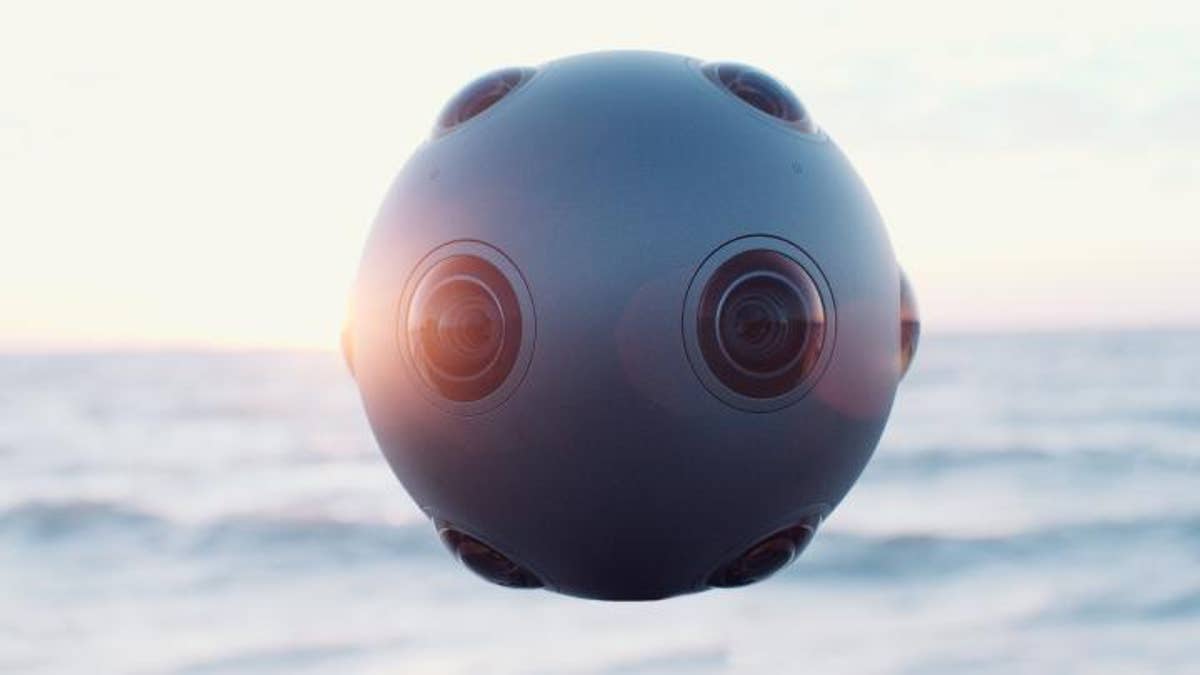
(Nokia)
It has a more-than-passing resemblance to one of the most iconic props in movie history, but the new Nokia Ozo doesn't shoot lasers out of its multiple eyes at Luke Skywalker's lightsaber. Instead, it shoots stereoscopic 3D video using eight sensors and eight built-in microphones in order to create virtual-reality experiences.
Targeting professionals, Nokia says the software built for Ozo enables real-time 3D viewing, and it offers playback without the need to preassemble a panoramic image. This should save content creators considerable time, allowing them to get their offerings in front of our eyes more quickly.
According to The Verge, the Ozo supports such VR headsets as the Oculus Rift and the HTC Vive, and it will cost in the "mid-five figures." The final pricing will be unveiled this fall during a formal launch event.
MORE: HTC's Vive VR Headset Spoiled Real Life For Me
In addition to 360-degree imaging, the Ozo is designed to deliver spatially accurate audio. Imagine watching a horror flick in VR and being able to hear the creaking footsteps of a bad guy sneaking up behind you.
Virtual reality seems like quite the departure for Nokia, which, until recently, was all about phones, but the company says it will now be focused on maps, network infrastructure and emerging technologies. (The mobile group that was acquired by Microsoft, and then decimated by layoffs, is separate.)
Nokia has already landed its first customer for Ozo in Jaunt VR. The studio, which is developing its own VR camera (codenamed NEO), will be using Nokia's hardware and will support content produced with Ozo through its post-production services.
The market for VR cameras is bound to heat up as more studios and broadcasters jump on the VR bandwagon. GoPro showed off a 16-camera rig of its own in May, which will work with Google's Jump VR ecosystem.








































